A Martyr of Romania’s Communist Prisons
9 Νοεμβρίου 2010

Father Vasile Pătraşcu
(January 1, 1922, Bârlad – † September 23, 2006, Bucharest)
I dedicated all my suffering to God…!
I was born in January of 1922 in the town of Bârlad, to a family of Romanian people who had been Orthodox Christians for generations. I completed my middle and high school studies in Bârlad, and then I went on to the Academy of High Economic Studies in Bucharest.
I was arrested on May 16, 1948 and sentenced to 15 years of hard labor, then I was given an additional 10 years of hard labor for “subversive organizing” as I fell, along with all political detainees, under the stipulations of Law # 209, due to “plotting against the security of the state.”
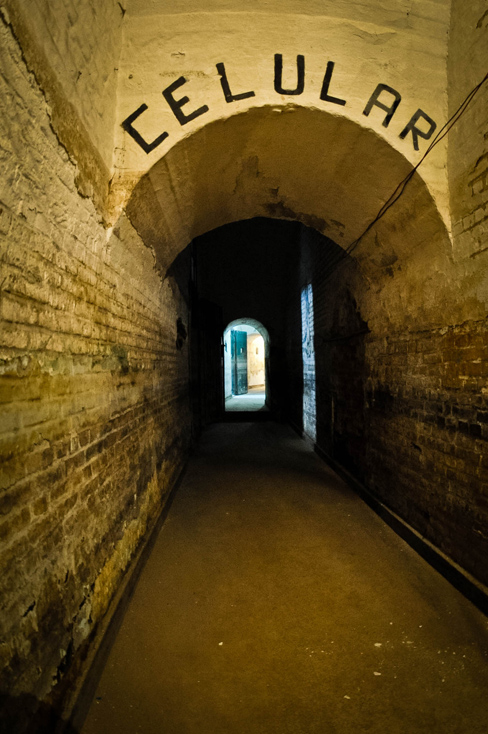
I passed through the following jails of the “Bolshevik heaven”: the Interior Ministry–twice, Jilava Prison–five times, Uranus, Piteşti, Gherla, Aiud–three times, Alba-Iulia, Galaţi–many times, Focşani, Ploieşti–twice, Codlea, Iaşi, Periprava, Bârlad–many times.
At the Interior Ministry, I underwent 70-80 hour long investigations, without eating, sleeping, or resting. From there, our first group of detainees was sent to Piteşti in March-April of 1949. In Piteşti, we had to go through Nicolski’s filter, Nicolski being Moscow’s authorized representative for Romania. He was seconded by General Dulgheru (Dulbergher), the national head investigator, by the political officer from Piteşti, Marina Iţicovici, and others from their team.
During the course of the investigations, I was taken into Dulgheru’s office three times. He told me, “So, you don’t want to declare anything? No worries, we’re gonna make sure we’ll no longer give you academies in prison! You’ll spill everything in the mercury mines of the Ural Mountains!…” After us, more groups of detainees came from Iaşi, Suceava, Cluj, Timişoara, Craiova, Braşov, etc. A cell could fit at the most four people as there were only two beds in it. They put seven, even nine people in a cell of eight square meters in size. In the black holes, they crammed 20-30 detainees–like teeming worms in a wound…
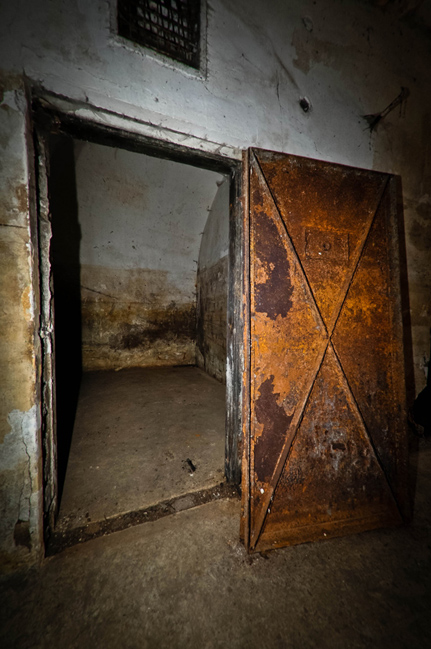
All prisoners had to go before Marina Iţicovici, who made a note of everyone’s endurance abilities. Then the warden, Dumitrescu, along with a group of guards pounced upon all those from Room 4 Hospital, clubbing them to mutilation and throwing them on cots as if they were mere bags of bones and broken flesh. Then they handed them over to Ţurcanu and his team.
The “reeducation” took place in cells. They played “volleyball” with the detainees, hitting them randomly all over their bodies. One of them received a blow to the liver and died instantly right before my eyes. They would dunk our head to the neck in the waste bucket (full of urine, feces, blood, puss, phlegm) and would “baptize” us, without allowing us to clean ourselves afterward. I was forced to ingest a three-kilogram jar of such filth.
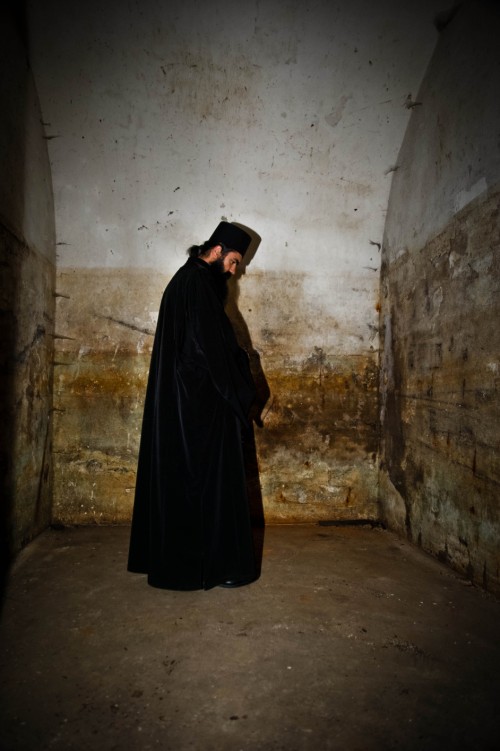
My head had swollen to the size of a bucket, my left eye had disappeared in the back of my skull, and my left maxillary was broken. I used a rag to cleanse under the upper lip, taking out blisters of blood and puss. My buttocks and soles of feet had turned black, and both of my legs were the size of logs due to the strikes. To make the swelling go down, I wrapped them in some wet long johns and lifted them up on the walls. Some other time they piled fifteen people on top of me in the narrow space between the wall and the cot. Above the fifteenth person, one more jumped forcefully atop the human stack to make sure the crush would be heavier. I filled my chest with air and propped myself up on my elbows. I was able to withstand it up to the eighth person, but then I exhaled and all the ribs on my right side broke.
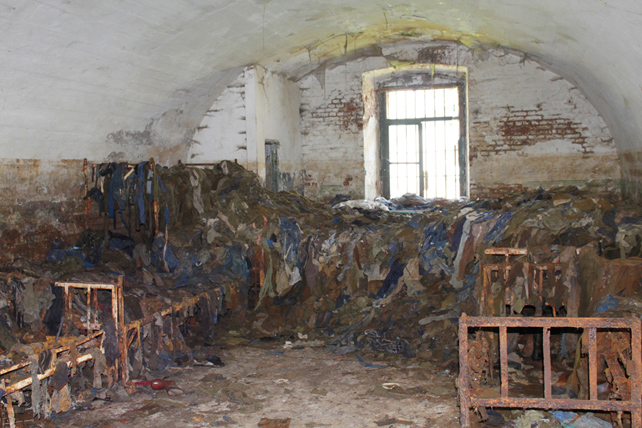
The head of the “reeducation committee” in Room 1 Basement was someone by the name of Mărtinuş. At his order–“All bandits, march under the cots!”–, we had to run under the cots, and he would begin clubbing with an iron bar whatever parts of our body were still sticking out. Once, when I ran out of space, three quarters of my body were left without cover, and all the blows stopped straight on my spine. Since the hits landed on the same spot over and over again, three of my vertebrae slipped inside the spinal cord, after which I was unable to move a single finger. But God mended the mutilation of my body. I was still in Room 1, on my cot under the window around midnight. It was January, our window was open, and I was wrapped in a blanket the thickness of gauze. I was curled up in the fetal position when I felt the blanket fly from over me and heard Mărtinuş’s voice, “What are you doing, you bandit?” I answered calmly and simply, “I’m praying,” which was exactly what I was doing. It was as if I hit him with an ax over the head. He remained speechless.
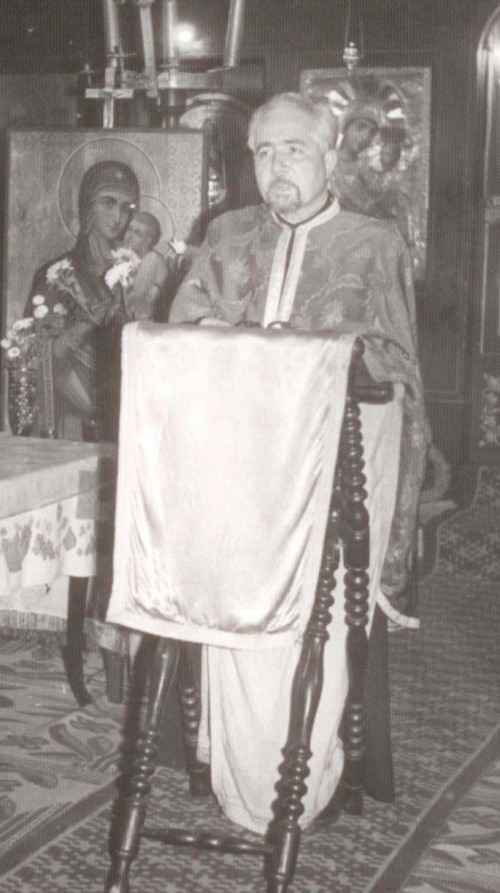
I was “made” a priest, “dressed up” in one of Sandu Ghica’s blankets, in Room 2 Basement, where Leonida Titus was the head of the “committee.” I was given a tin and a spoon to “commune” 70-80 people with the filth from the waste bucket. Since I disobeyed the order, they came from the back of the room with a cudgel wrapped in rope and struck me over the head. I collapsed. They doused me in water and slapped me until I regained consciousness. I had a big bulge on my head. They made someone “flatten” it out with the back of the tin, which caused horrendous pain. It was in that same Room 2 that I stood for two days on one foot on the waste bucket with my arms stretched upward. I had reached a state of disfigurement, I was livid, I no longer resembled a human being. That was when I saw a thin string of blood mixed in with the drops of sweat breaking through my skin. Seeing me in that state, Titus warned the others, “See’im, you bandits? You’re all gonna end up like him!”
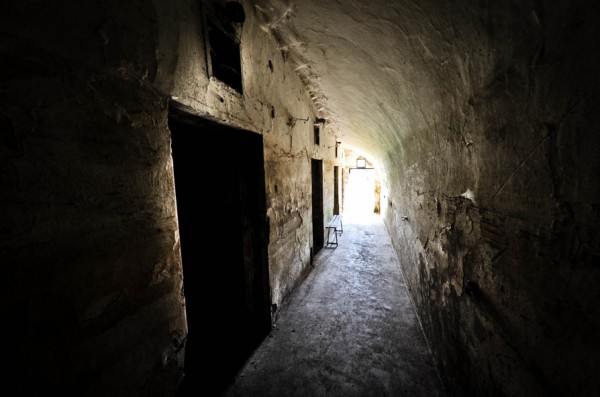
During the Holy Week of Easter, they “unmasked” the priests and monks–the worst type of blasphemy against God and the Most Holy Mother of God. I am a priest of Christ, and I know and believe there is a hell, but I also believe that what took place in Piteşti during that Holy Week was worse than hell itself.
In Aiud, I shared my lock-up and solitary confinement with Father Nicolae Pâslaru from Roman, with Father Barnovescu from Bârlad, with the priest-monk Iustin Pârvu from the Petru-Vodă Monastery, with Father Mihai Lungeanu from Iaşi and with Father Ioan Iovan from Recea. I did my customary daily prayer the entire time. I spent the whole day kneeling in the corner of the cell, except at shutdown, wake-up, and during meals. In this way, time seemed to fly by swiftly.
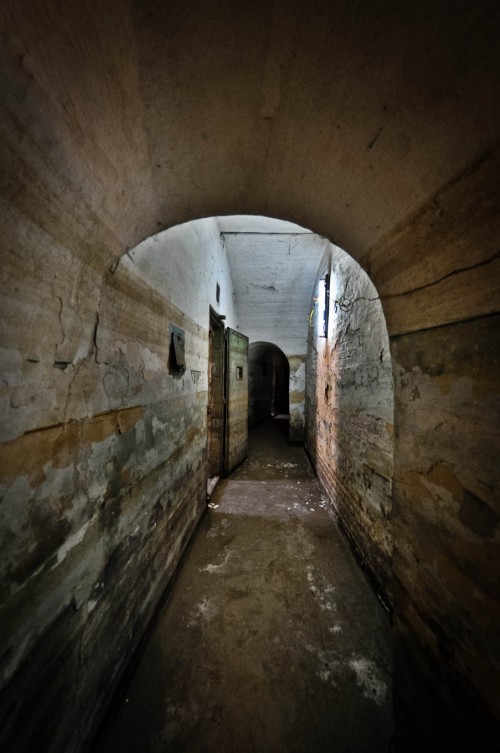
After nine years of prayer in the lock-up in Aiud, God granted me the request of having a father confessor, Father Nicolae Pâslaru, with whom I was able to spend some time alone, and who listened to my confession for a whole day. He pulled two strings of thread from the mattress, twisted and blessed them into an epitrachelion, and then took my confession. That was what Romanian Orthodox priests did in jails during imprisonment.
It was at that time that medical student and son of a priest, Mihai Lungeanu, who had already served ten years of imprisonment and now was back for 15 more, brought us from the outside a small bag made of parachute cloth in which he had hidden dried up pieces of the Holy Eucharist, which were of great value to us. We would take the soft center from the slice of bread we received for meals and knead it into small pea-sized pieces, which we would then flatten out. Then, with a needle, we would take a piece of the Holy Communion and place in the center of the flattened morsel then would wrap it carefully by folding up all sides, making the piece of bread round and then flattening it out again. When they were dry, we would hide them in the hem of an unused towel or in the collar or sleeve cuffs of a shirt. They were slightly bigger than a lentil bean, too small to be found during searches. During the extended fasting periods, we would pass our Christian names on to the priest in solitary confinement, and at 6 a.m. when the bells of the Orthodox Church from Aiud rang, we would all kneel in our cells, confess, and receive absolution from the priest.
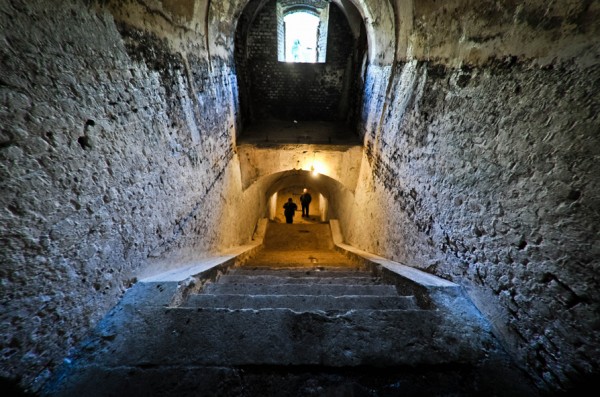
In 1953, I was withheld by the Securitate (Department of State Security) from Bârlad for seven days and seven nights, bound to a chair behind an archives closet in the room of the officer on duty. I was minding my own as my schedule was full indeed: two akhatists, two parakleses, 15,0000 – 20,000 of “Lord Jesus Christ…” I kept repeating the Gospels and Epistles in my head, so I wouldn’t forget them.
Once, during an investigation, I asked for paper and ink to give them a statement. I wrote the following: “I never was nor ever will be on your side. I stand fast with those who follow Christ. Signed: Vasile Pătraşcu.”
For dinner that night they gave me cabbage with meat. I took but five spoonfuls and felt the taste of dishwashing liquid. That was all it took–six hours later I had turned more yellow than a lemon. Seeing my pallor, they put me in a van and expedited me to the Focşani Prison, where, for 15 days, I didn’t eat anything and only drank boiled water. They sent a lieutenant-major to check on my status and see whether I had expired. After 15 days, they took me to the infirmary, where another ill prisoner offered me two small tubes of methionine, which saved my liver. The medical assistant from Focşani said that he had never seen in his life a case of jaundice such as mine. I survived for 87 days on half a kilogram of potatoes the size of walnuts–that was our ration–, and God saved me. As a result of that poisoning, it took years and years before I could even stand the sight of oil or cooking fat.
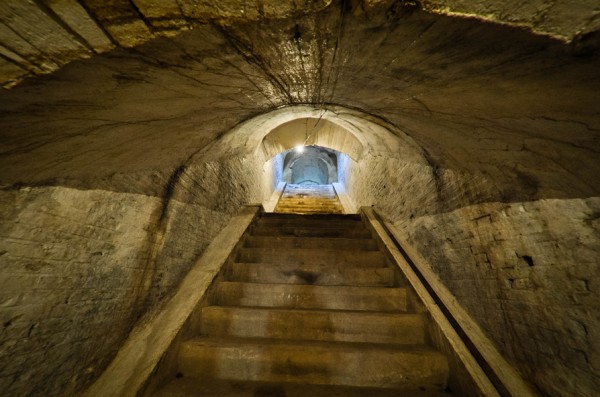
When my prison sentence ended, I was given two additional years of “administrative” arrest in Periprava in the Danube Delta. From Periprava, I was released together with 200 other priests, among whom Father Ilie Lăcătuşu.(Father Ilie Lăcătuşu’s incorrupt body was discovered in 1998.)
I arrived at home in Bârlad at about three o’clock in the morning. I jumped over the fence. The dog was different and didn’t know me. My mother came outside and asked who it was. She had thought I was dead ever since 1957 when she had received the pocket watch I had packed before leaving for Aiud. When she recognized me, she nearly fainted. I upheld her, and we went inside the house. I asked the whereabouts of my father, and she said he was in the countryside. I told her that I wasn’t a child anymore, that death had stared me in the face hundreds of times, and that God had saved me, then I asked her again, “Is he dead?” She told me he had died two years before, with great sorrow in his heart because both his sons were in jail. That was the most difficult moment of my life.
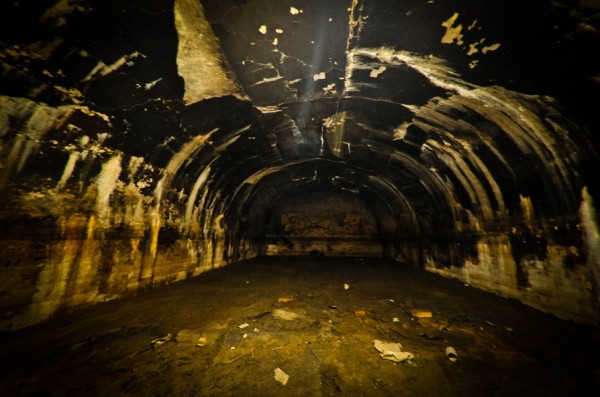
When I came out of prison, I dedicated all my suffering to God:
“My Lord, I offer You all my suffering. All those who tortured me, forgive them, show them Your mercy, and sanctify them. And if they need days of my days, I am ready to give those to them, for “the treasure of the soul and mind is to love in order to forgive.”
Upon my release, I wanted to go to Northern Moldavia to become a monk, but my spiritual father told me to remain among people and not choose the solitude of monasticism. And so I stayed in the world.





